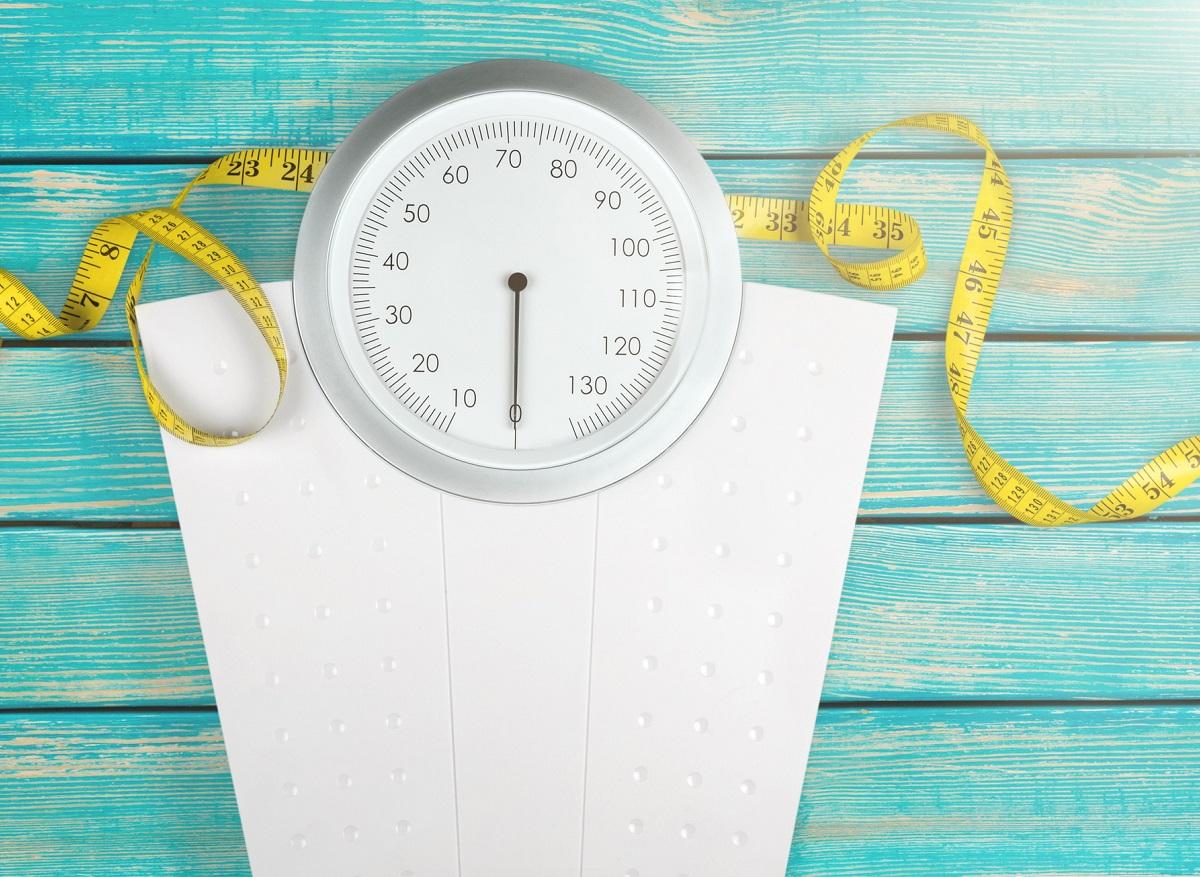Losing weight in a harmonious way is a back-to-school goal that many share. However, weighing yourself every day can quickly become a source of stress. The first step to successful weight loss: weigh yourself, write down your weight and forget about the scale for four weeks!

- When starting a diet, it is best to weigh yourself on the first day and then stop for a month, because daily weight fluctuations can be discouraging.
- The pace of weight loss should be gradual – a few hundred grams per week.
- Losing 5 kilos in a month at the start of the school year can easily translate into gaining 6 kilos after the end-of-year holidays.
Significant weight gain is more than just an aesthetic issue, it can seriously harm your health. However, modern medicine sometimes tends to downplay this problem. As in gastronomy, where the intelligent addition of simple ingredients works wonders, a similar approach can help you lose that excess weight caused by years of bad eating habits.
The day you decide to take charge of your health should be a significant one. Whether it’s because of the 10 kilos or more that weigh you down, the snoring that disrupts your sleep or the chronic fatigue after meals, it is possible to lose up to 15% of your initial weight without suffering or fearing the yo-yo effects or deficiencies. The right day to start is today.
Weigh yourself and forget about the scale for a month
Weigh yourself tomorrow morning, on an empty stomach, and write down your weight in a notebook or on your smartphone. Then, leave your scale aside for four weeks. Why? Because daily weight fluctuations can be discouraging. After a month, you will be pleasantly surprised by the results, feeling an incredible wave of well-being.
The scale, or bathroom scale, can be a valuable tool or a nemesis. Choose a model that works for you—no need to go for the most sophisticated one. Even a $30 scale can do the trick. Weight-loss candidates often like to have accurate measurements, which modern scales provide.
Dietitians generally recommend weighing yourself once a week, at a set time. However, it’s often wiser to weigh yourself less frequently to avoid daily fluctuations that can be demoralizing. A smart scale that records your results and sends them to your smartphone can help you track your progress more objectively. Ideally, weigh yourself every ten days, then once a month.
Weight doesn’t always reflect the true balance between fat and muscle mass. Modern scales can also measure body fat percentage by using a small electrical pulse that passes through the body. These devices typically cost less than $100 and can provide valuable information for adjusting your diet.
Progressive rhythm to avoid yo-yoing
The pace of weight loss should be gradual – a few hundred grams per week. Losing weight too quickly encourages the yo-yo effect, because the body, fearing starvation, will tend to store fat as soon as you resume a normal diet. Losing 5 kilos in a month at the start of the school year can easily result in gaining 6 kilos after the end-of-year holidays.
Losing weight in a healthy, sustainable way requires patience and persistence. Don’t let daily fluctuations discourage you and focus on your overall well-being. By taking a measured approach and weighing yourself less often, you’ll be in a better position to reach and maintain your weight loss goals. Remember, the key to success is consistency and moderation.














